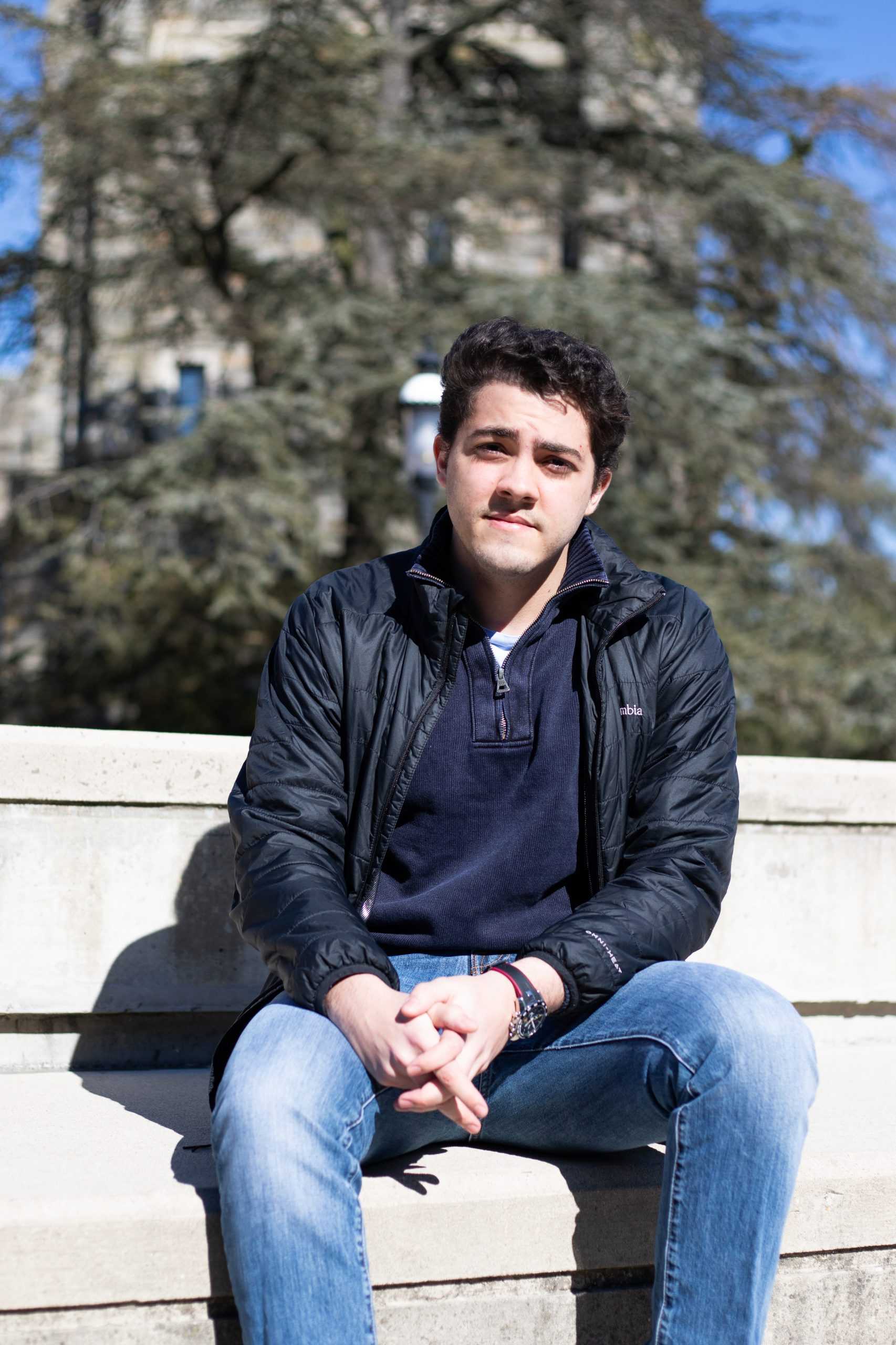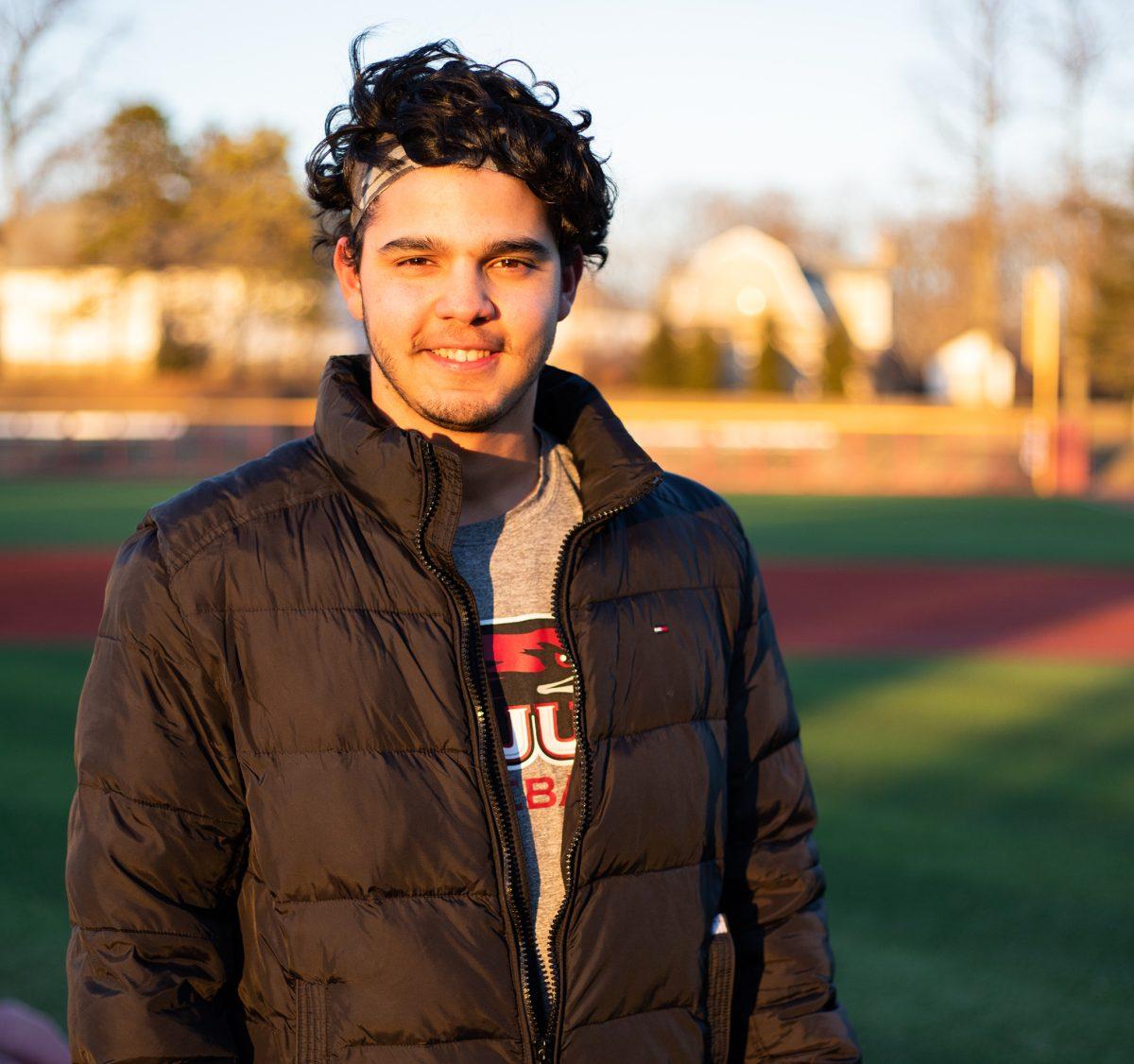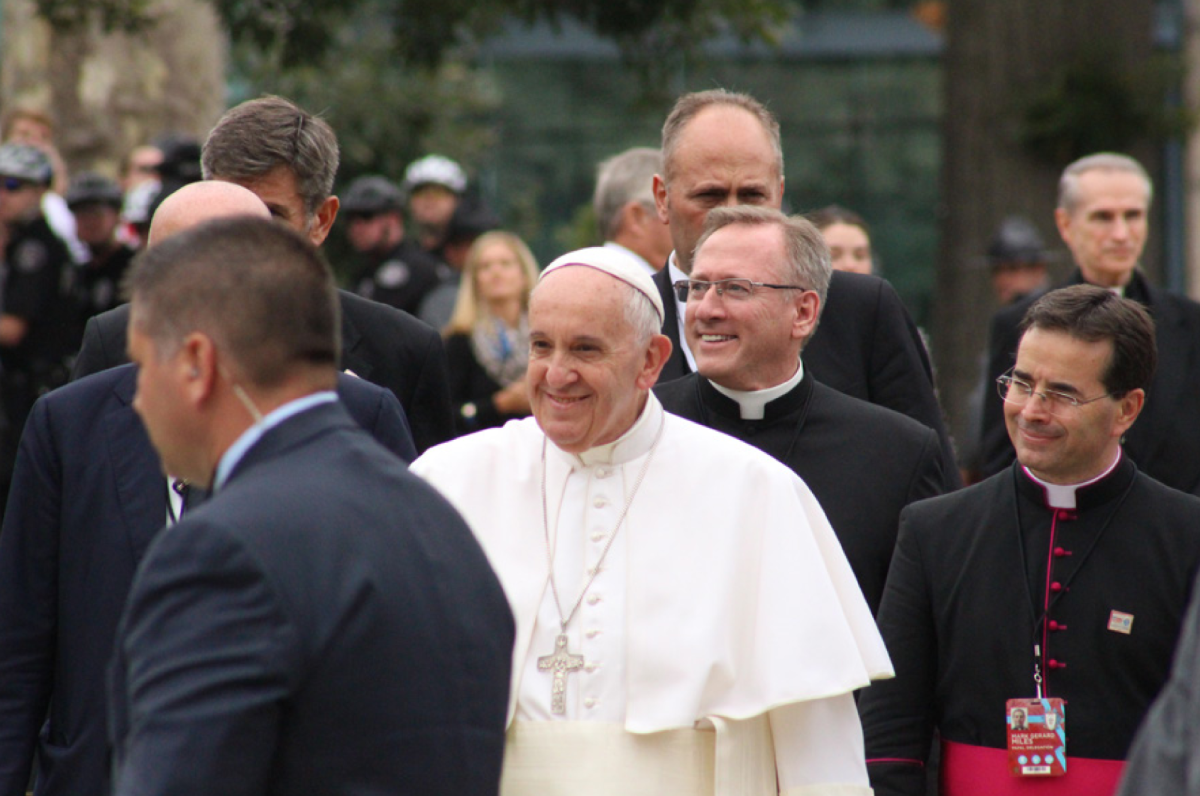As thousands of Venezuelans continue to protest the government currently led by President Nicolas Maduro and battle to maintain stability in the country, Venezuelans at St. Joe’s are concerned about their families’ safety back in their home country.
“The events happening there are terrible,” said Jose Martinez ’21, a pitcher for the men’s baseball team who arrived in the U.S. in 2013 when he was 12 years old. “My family is reacting to it like anyone would expect, with sadness and a lot of frustration because there isn’t much any of us can do.”
Nationwide protests against the government of Maduro, led by opposition leader Juan Guaidó, have worsened the internal crisis and led to instability in the region. International humanitarian aid is being held up at the border with Columbia. Meanwhile U.S. President Donald Trump and other world leaders have indicated support for Guaidó.
Javier Rodriguez ’19, who left his home country five years ago to attend St. Joe’s, said he is also worried about his family’s safety, particularly because of high crime. According to the U.S. Department of State’s 2018 Crime and Safety report, Venezuela is one of the most dangerous countries, and even though the government does not release data, the Department of State estimates that more than 73 Venezuelans daily died a violent death in 2017.
“They have to watch themselves every time they go out because there are a lot of house break-ins,” Rodriguez said. “When I was 15 years old, my dad came home from work to have three guys pointing guns at his head.”
Rodriguez said that he and his family have had to adapt to what has been happening in the country for the last few years. After Rodriguez left Venezuela for St. Joe’s, his family converted Rodriguez’s bedroom into a place to store food, which is kept under a lock and key.
According to the latest update by the International Rescue Committee (IRC), a humanitarian crisis response organization, 5,000 Venezuelans per day are leaving the country, where food, medicine and other basic goods have become hard to come by and out of reach for millions.
“I am worried, but thankfully my family is safe,” Rodriguez said. “They made sure to keep me updated. We are sad to see what is happening but hopeful that things will take a turn for the better soon.”
Javier E. Leon, an adjunct professor in the department of decision & system sciences, came to the U.S. in 2015 for graduate studies. Just like Martinez and Rodriguez, Leon has family living in Venezuela under difficult economic conditions.
Leon said he has an uncle in Venezuela who has six sources of income but still struggles to get by because of the extremely high rate of inflation.
“Whenever I vacation to Florida, I get huge boxes, then I go to Walmart to fill the boxes,” Leon said. “I stock up on beans, rice and lentils, all common staple foods.”
Jose Martinez’s dad, Angel Martinez, who lives in Miami, Florida, said he sent Jose and his older brother to the U.S. because he feared for their safety.
“The main reason I sent them was because the high levels of criminality, especially among young people,” Angel Martinez said. “They could not go outside after 7 p.m. because they could get robbed, kidnapped or even worse, be killed if they showed any kind of resistance to be robbed.”
Even though all members of the Martinez family are now permanent residents living in the U.S., Jose Martinez said he is scared for his family experiencing the ongoing current protests in the country.

“I do have family and friends going out to protest, and sometimes they’re beautiful, peaceful protests and sometimes the armed forces turn them into violent repression, with a lot of people ending up injured, and even some deaths,” Jose Martinez said.
The Martinez family in Venezuela continue to rely on their U.S. family for support, mainly in the form of non-perishable foods like rice, beans, pasta, oil, as well as soaps, shampoos and medicines.
“My dad sometimes has to send medicine to my grandparents who are getting old,” Jose Martinez said. “My grandfather from my mom’s side is diabetic, so we need to send him his insulin and the other medication he needs.”
Still, Jose Martinez and his father Angel Martinez said they remain hopeful that the situation in their home country will improve soon.
“It’s all up to the officials of other countries at this point to make a difference,” Jose Martinez said.










































